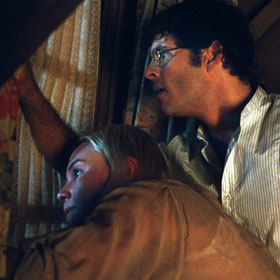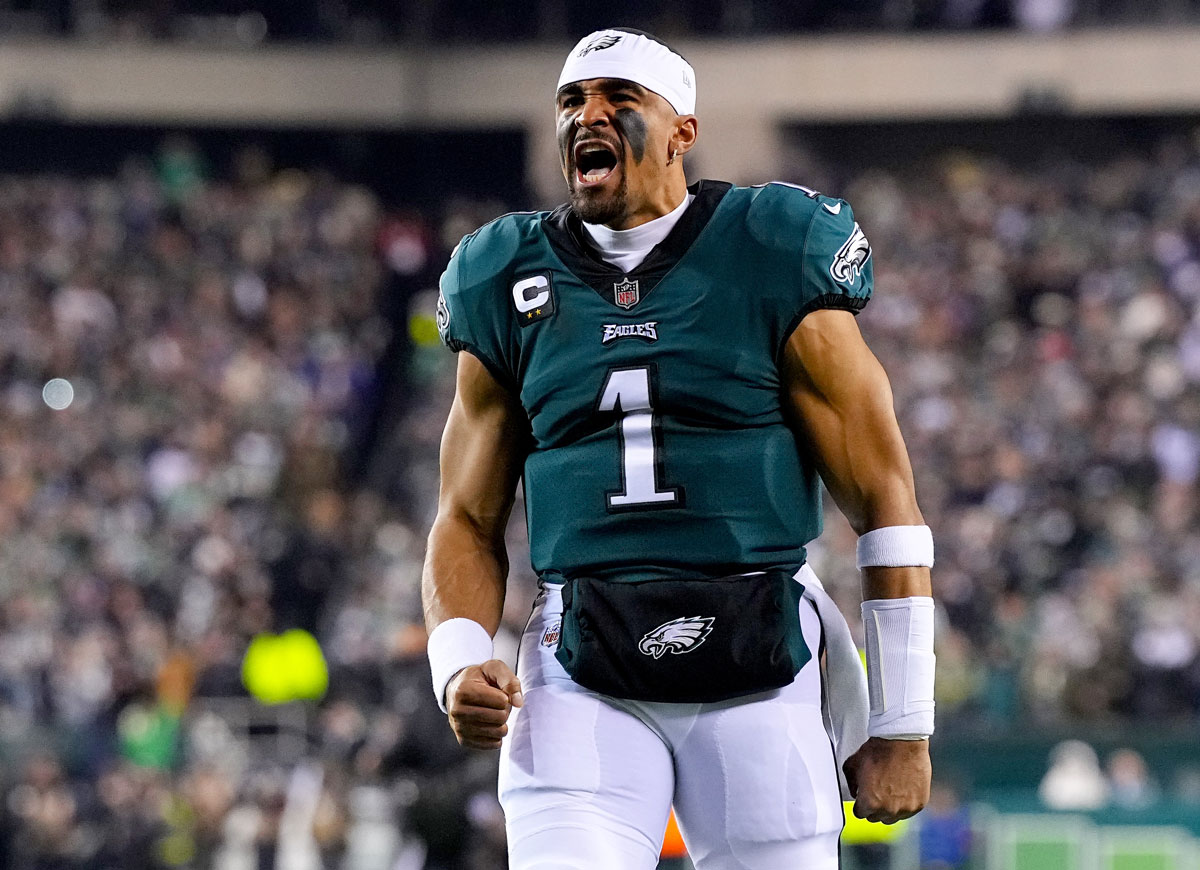Straw Dogs

2/5
As much as they might appear to be an easy, perhaps even lazy option, remakes are a tricky proposition. Stray too far from the original and you run the risk of alienating the very people whose interest you had hoped to pique. On the other hand, remain too faithful to the property – as Gus Van Sant did with his shot-for-shot remake of Alfred Hitchcock’s Psycho – and audiences will quite rightly wonder why you even bothered at all?
This functional restaging of Sam Peckinpah’s grimy meditation on the nature on violence by journeyman director Rod Lurie (The Last Castle) doesn’t quite fall into the latter trap, but, at the same time, doesn’t offer much that is fresh or particularly innovative either. The story of want away rural native, Amy (Kate Bosworth), returning to her backwater hometown on family business with her elitist West Coast husband, David (James Marsden), in tow, Straw Dogs offers a queasy exaggeration of the fish-out-of-water formula, as the couple are subjected to an increasingly unsubtle campaign of intimidation and aggravation, culminating in a shockingly violent home invasion.
While no lost classic to be sure, Peckinpah’s original was controversial from the word go, with every –ist tag (fascist, misogynist, sadist) launched at the filmmaker and by extension accused of glorifying a wide variety of unflattering –isms (sexism, nihilism, vigilantism) with the film itself. Seemingly, Lurie was under the impression that if he simply restaged the major beats from the original – the hanging cat, the gang rape, the bear trap – with lesser actors and updated one or two of the anachronisms (Cornwall out, Mississippi in. Vietnam War out, Iraq War in. Smug mathematician out, smug screenwriter in) then a similar laser like beam of attention will be focused his way.
Well, that’s not going to happen. For one thing, this retelling simply isn’t that memorable. For another, in this post-post-modern world, where movies like Saw are a pre-teens idea of a good time and every despicable human action becomes fodder for cable news and the blogosphere to digest, this conversation just seems a little light. While he might have the requisite floppy hair, the shamelessly flash sports car, and the standard issue nerd spectacles, James Marsden is no Dustin Hoffman to be sure, lacking the appropriate level of dexterity to effectively pull off a character who is both a bully to his wife – who herself is vehemently passive-aggressive – and at the same time a man who pathologically avoids conflict. To be fair, Lurie doesn't offer him a great deal to work with. He's not the wholly alien entity of Dustin Hoffman wandering Cornwall. Is assuming he can pay for his lunch at the local bar with a debit card really that outrageous? If anything Lurie's painfully dashed off red state/blue state divide only serve to make the helmer out to be a bit of a snob.
Far better is Alexander Skaarsgard as local good ole boy and chief tormentor, Charlie Venner, Amy’s old high school boyfriend. A true jackal of a man, his delicately blended cocktail of inborn Southern manners and dead-eyed malevolence offer up a genuinely unsettling air of menace. Kate Bosworth, too, is well cast as the conflicted wife and her distraught breakdown during a heated high school football over what her careless manipulation of the brewing antagonism between Charlie and David has wrought is one of the movies genuinely unnerving sequences.
Placing the matter-of-fact savagery of the attack on Amy alongside an over inflated B plot involving James Woods' (completely wasted) town drunk, his flirtatious daughter, and his seething hatred of the local simpleton with a hinted history of sex offence, the sexual politics are both plain and rather ugly; young girls need their chastity protecting, while a fully sexualized woman is a major transgression who must be either possessed or destroyed. Which, you feel, was never really Peckinpah's point.
The original Straw Dogs was many things, but subtle was never one of them. But even by those standards though, Lurie sprays around the symbolism with a machine gun. Virility is everywhere you look; mounted deer, guns, trucks, power tools – the eventual application of each as a weapon suggesting that man needs to enact violence in order to actualize.
Still, it’s hard to escape the persistently derivative nature of the whole thing. Where as Peckinpah had Hoffman play out the climactic bloody massacre with huge undercurrents of ambivalence, Lurie offers nothing so complicated, delighting in sticking it to these redneck chuckleheads to the point of revelry not because David is finally tapping into those repressed, primal, animalistic urges, but because these guys have basically pissed him off. Alright, so David doesn’t know that they gang-raped his wife – but did you see what the bastards did to his car?!
RELATED ARTICLES
Get the most-revealing celebrity conversations with the uInterview podcast!







Leave a comment